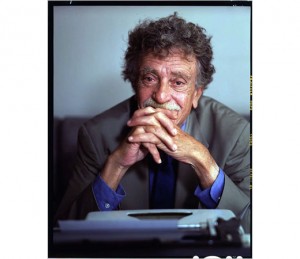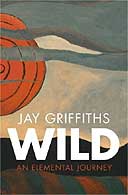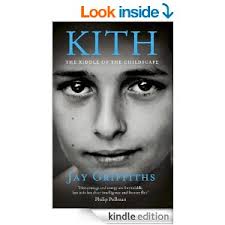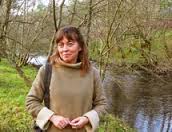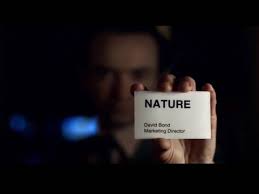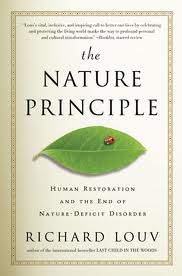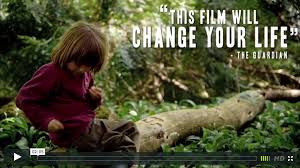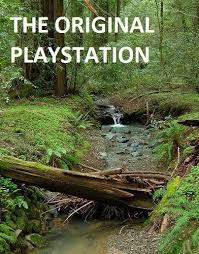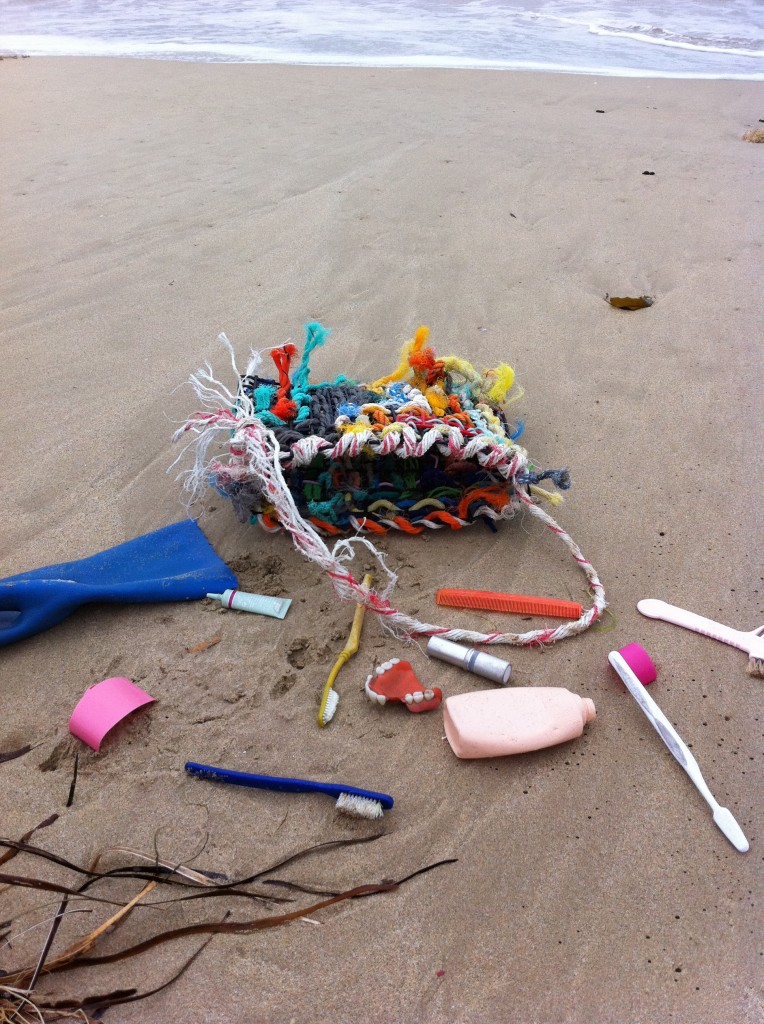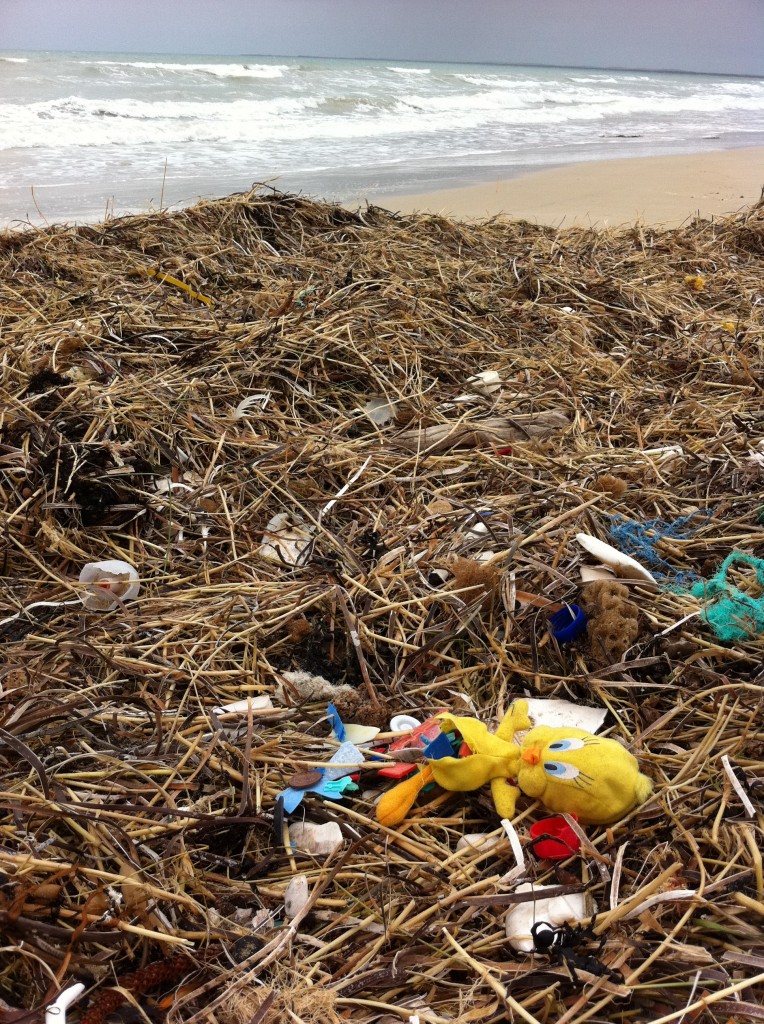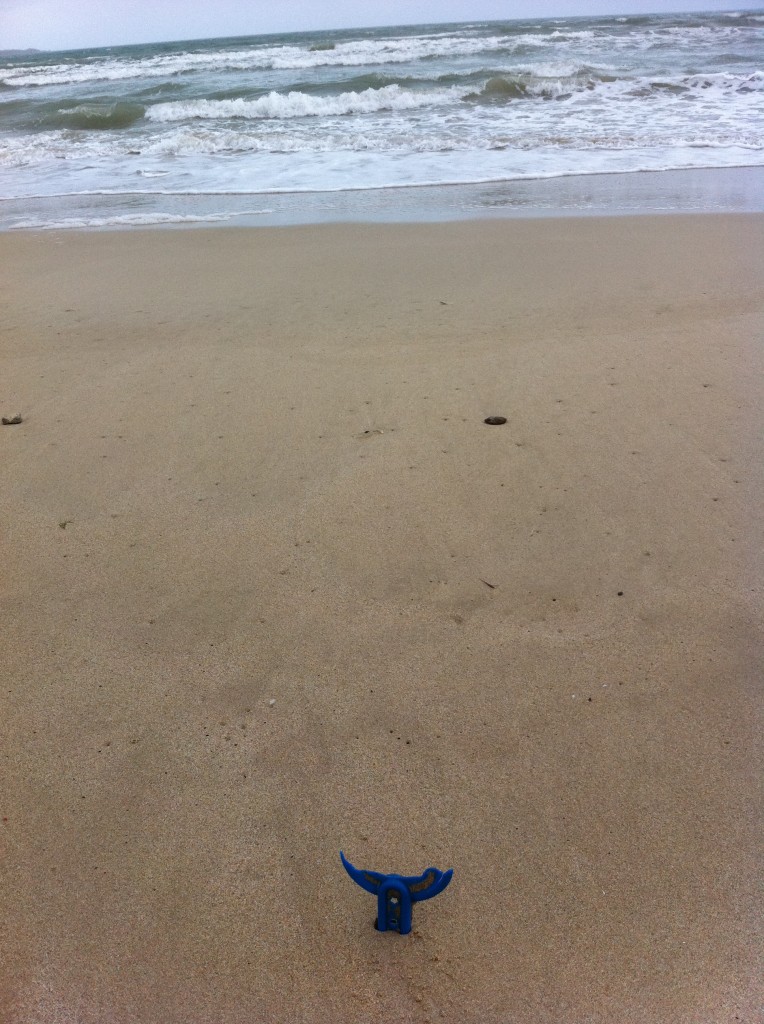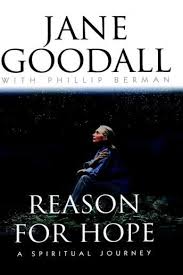I’m sorry but isn’t the latest report from the Intergovernmental Panel on Climate Change
which begins by saying
“Human interference with the climate system is occurring, and climate change poses risks for human and natural systems”
important? Urgent? Shouldn’t Australia do something about it now?
Prime Minister Tony Abbott quotes from My Country:
I love a sunburnt country,
A land of sweeping plains,
Of ragged mountain ranges,
Of droughts and flooding rains.
Dorothea Mackellar started writing My Country in 1904. Climate change not an issue then, Prime Minister.
Now?
What’s the worst that could happen? Remember that physics teacher? The Most Terrifying Video You’ll Ever See? He’s still going strong.
Lord Deben is the chairman of the UK Committee on Climate Change, the government’s statutory adviser. He is a former environment secretary and Conservative MP for Suffolk Coastal. He writes in the The Guardian reports that the government should committ to halving its emmissions at 1990 levels before 2027.
Australia is aiming for between 5 and 20 percent.
The US Secretary of State John Kerry says costs of inaction on climate change will be “catastrophic”.
George Monbiot finds an allegory in Ibsen’s play An Enemy of the People where Dr Stockman must lash out angrily at those who do not believe him, like Cassandra.
And in Australia there’s a gentle, chatty piece in The Age, enquiring about the level of risk we’re happy to live with.
I wish I could roar like a lion.
When does Australia stop digging up coal and start building a new, clean renewable energy industry? Beyond Zero Emissions has a plan ready to go right now. What are we waiting for?
You’ve been wondering what the Blue Man Group think of Global Warming, haven’t you?
I’m roaring like a lady. As much as I can.

